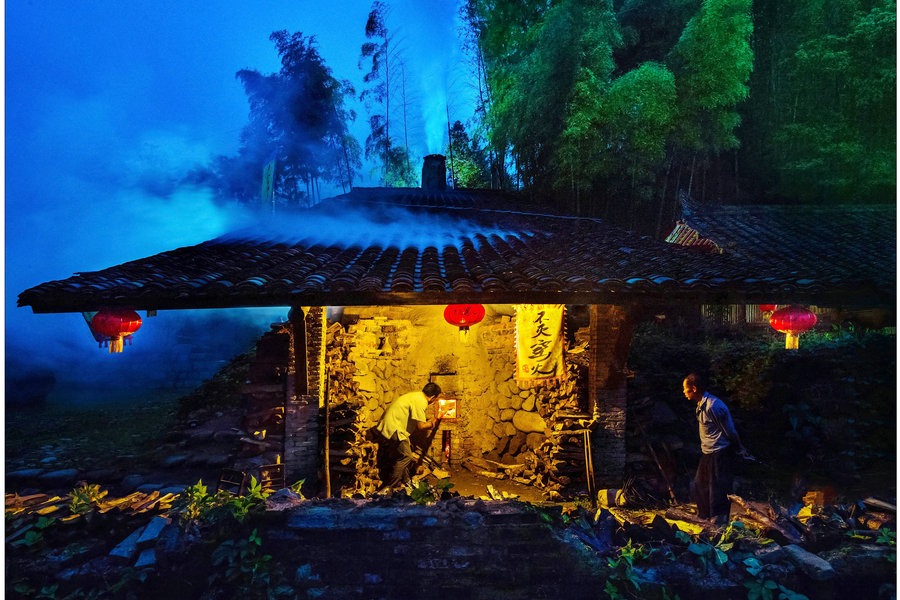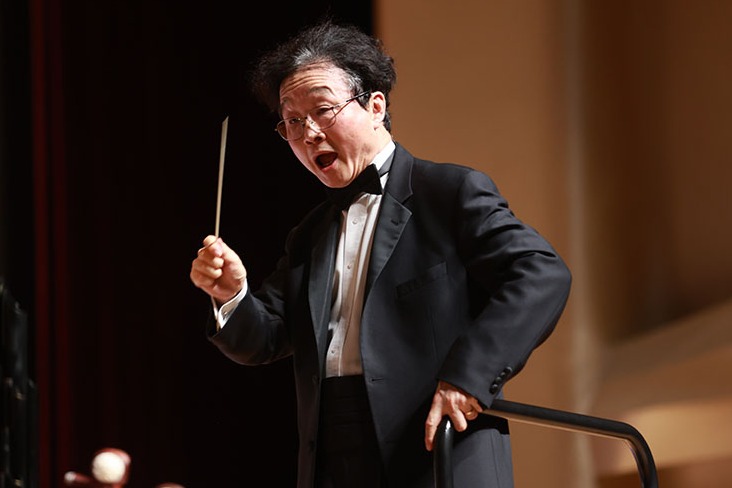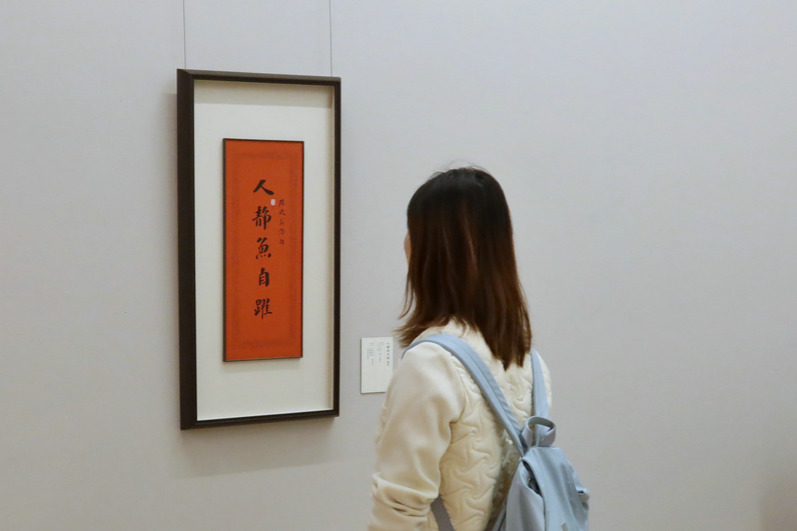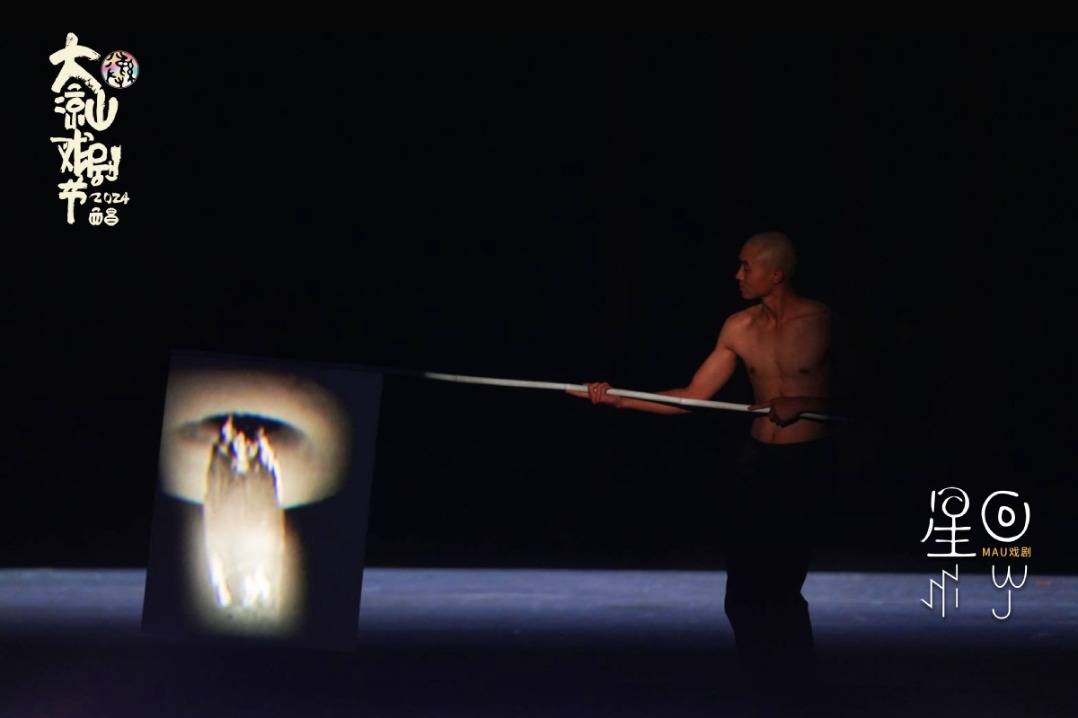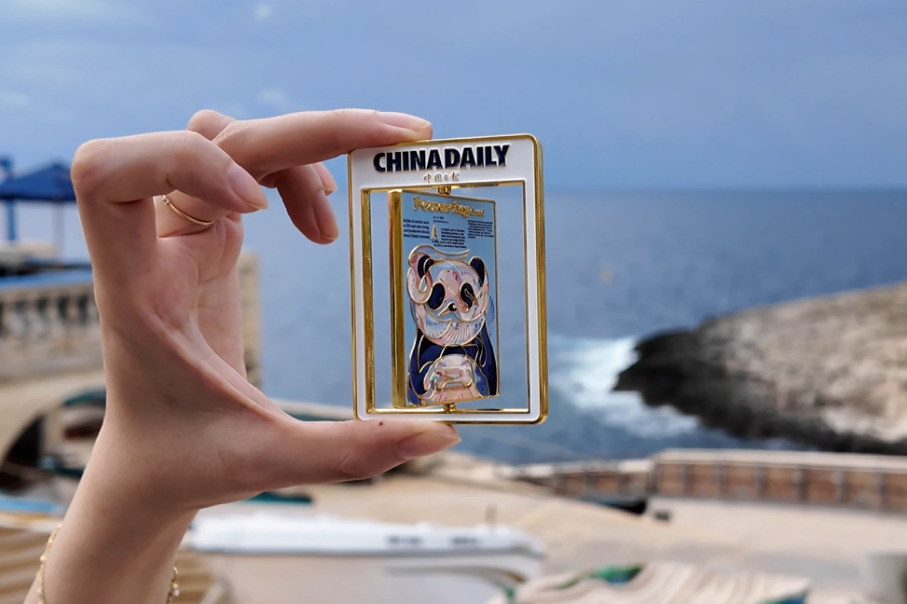The hidden histories of the 'far country'


Lloyd Suh's play sheds light on the experiences of Asian immigrants arriving at San Francisco's Angel Island, Mingmei Li reports in New York.
The narrow confines of a dim interrogation chamber, where the hours stretched into eternity and relentless inquiries abounded were often the first impression Asian immigrants had of that "far country", America.
Undergoing the process over and over again was how they spent their time at San Francisco's Angel Island detention center. The detention facility opened in 1910, with buildings to house and care for detainees, a pier, a hospital, and regular boat service to the mainland.
Returning to the crowded and dark dormitory, immigrants were then brought back to the interrogation chamber, where they answered the same tactical questions again. Under the Chinese Exclusion Act of 1882, which persisted until 1943, Chinese immigrants faced even stricter examinations and investigations than other Asian migrants, and Angel Island was the entry point for most of the approximately 175,000 Chinese immigrants who came to the United States between 1910 and 1940.
Recounting the story of a chosen family coming together, carrying invented biographies and poems of longing on an arduous journey from Taishan in Guangdong province to the US, Lloyd Suh's The Far Country, one of the finalists for the 2023 Pulitzer Prize in Drama, was performed during Asian American and Pacific Islander Heritage Month at the Yale Repertory Theatre.


















